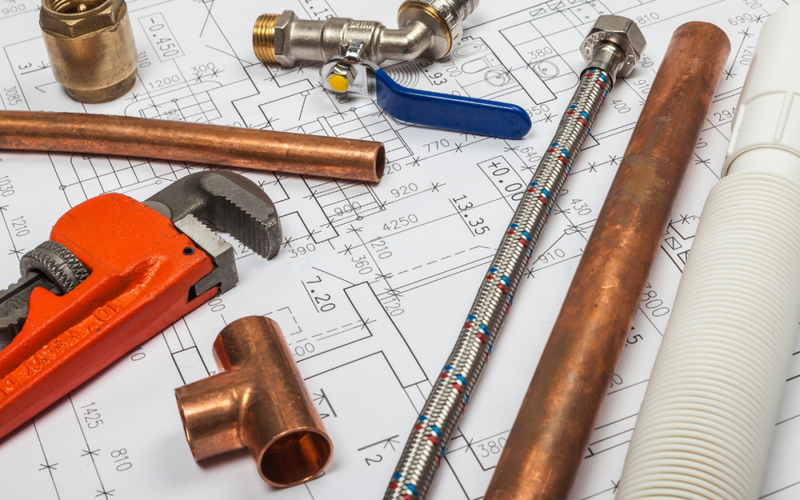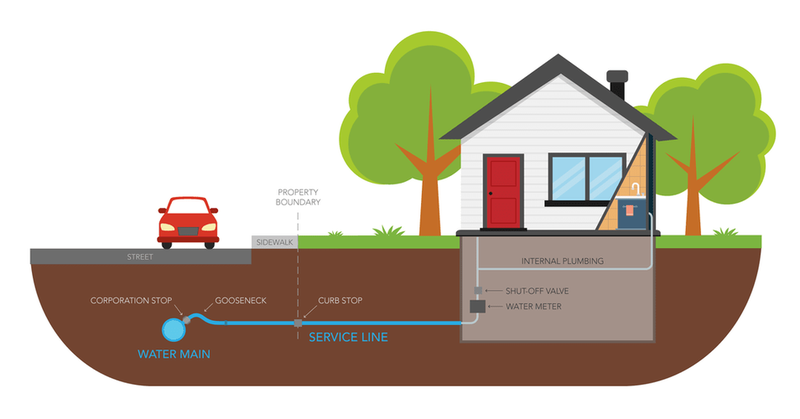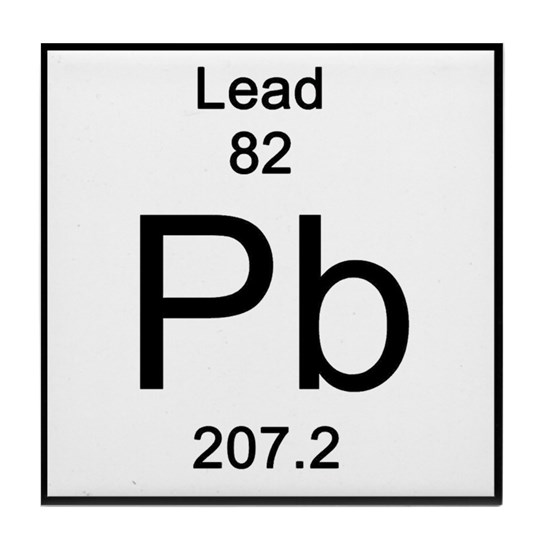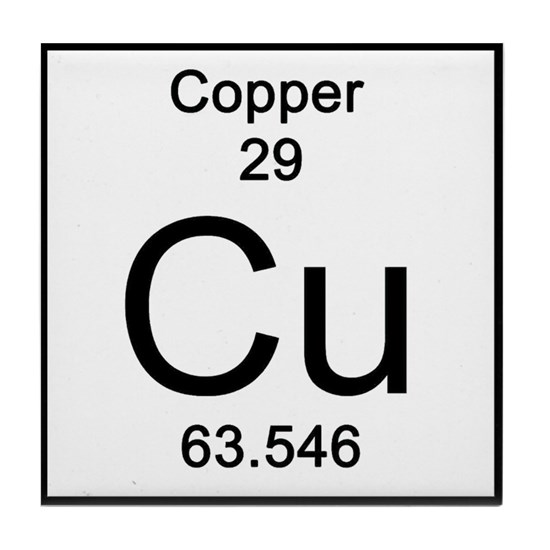
The Environmental Protection Agency (EPA) recently published the final regulatory revisions to the Lead and Copper Rule (LCR) in the Federal Register, but the new Biden Administration has placed a ‘pause’ on this new rule as they review its content and benefits. This National Primary Drinking Water Regulation (NPDWR) for lead and copper falls under the authority of the Safe Drinking Water Act (SDWA). These revisions are the first major update to the rule in nearly 30 years. The new LCR plans to better protect public health by helping to remove potential sources of lead in drinking water.

The improvements under the paused federal rule will provide steps for communities to remove potential sources of lead in drinking water. Lead can leach into drinking water if lead service lines, solder, or household plumbing fixtures in the tap water system corrode (releasing lead into the drinking water). Lead exposure can cause life-long health effects, especially to vulnerable populations such as young children.
The paused Lead and Copper Rule revisions focus on six (6) key areas:
- Identify Areas Most Impacted
- Strengthening Treatment Requirements
- Replace Lead Service Lines
- Increase Reliability of Sampling Drinking Water
- Improve Risk Communication
- Protecting Children at Schools
Walden has tracked and reported on these key rule developments of years. More details on this tracking are found in Revisions to the Lead and Copper Rule (LCR) for Drinking Water and Lead and Copper Rule Updates Still Expected in 2021. The EPA released a fact sheet summarizing the paused rule. Most of the new rules outlined in the fact sheet match what the EPA had previously proposed. However, the original proposal required that customers be notified within 24 hours of receiving results if household samples exceeded the action level of 15 ppb. The final rule allows for this notification to be done within three days. If there is a system wide exceedance of lead, all customers would require notifying within 24 hours.
Currently, Walden is working with the City of Glen Cove to identify, prioritize and remove lead service lines. Glen Cove received funding from the NY Department of Health under their Lead Service Line Replacement Program. Walden will be providing design, engineering, and construction inspection and monitoring services for the program. Walden is excited to be working with Glen Cove on this project and helping them prepare for the regulatory changes under the new rule.

Walden will continue to monitor developments and action regarding this paused rule and directly reach out to EPA and other officials with the Biden Administration as they conduct their review.
Walden can help your utility prepare for changes to the Lead and Copper Rule as the new Biden Administration examines the previous Administration’s changes. If you need assistance keeping your community’s drinking water safe, please contact Walden today!


